SOLDIERS and police who were deployed to quell post-election protests which rocked Harare on August 1 killed six people and injured 35 others, while their use of live bullets was "unjustified and disproportionate", a commission of inquiry set up by President Emmerson Mnangagwa said in its report, which was made public yesterday.
The commission, which was led by former South Africa President Kgalema Motlanthe, challenged the Mnangagwa administration to be accountable by taking action against members of the army and the police who had violated their professional code of conduct and also wants the State to compensate victims of the violence.
In its 113-page report, the commission said the deaths and injuries were a direct result of the actions of the army, which was under the command of Major-General Anselem Nhamo Sanyatwe, then brigadier general of the Presidential Guard and tactical commander of the National Reactional Force.
"It is undisputed that six people died as a result of gunshot wounds, and according to the evidence from the two major hospitals, 23 people were injured as a result of gunshots, and one person of assault," the report read.
"The commission's findings on a balance of probabilities from all the evidence received is that the deaths of these six people and injuries sustained by the 35 others arose from the actions of the military and the police."
Mnangagwa told journalists yesterday that the commission said the force used by the army and the police in dispersing the protestors was disproportionate.
"The use of live ammunition, directed at people, especially as they were fleeing, was clearly unjustified and disproportionate. The use of sjamboks, baton sticks and butts of the gun to assault members of the public indiscriminately was also disproportionate," part of the statement on the report read.
"It is imperative for the police to urgently complete their investigations to enable the prosecution of those persons responsible of all alleged crimes committed on August 1, 2018.
"Those particular members of the military and of the police found to be in breach of their professional duties and discipline should be identified as soon as possible for internal investigations and appropriate sanction, which should include hearing from the victims and their families for impact assessment and provide appropriate compensation," the commission recommended.
Government escaped censure over the manner in which the army was deployed, with the commission saying it was legal and in line with the Constitution, although corners were cut.
"The fact that the police were severely depleted because of duties at polling stations throughout the country and that they were ill-equipped did not help the situation, as the demonstrations degenerated into a riot, the police were overwhelmed," the commission said.
"The evidence showed that the government deployed the military in accordance with the Constitution and the applicable law. The commission also considered that while the deployment of the military was lawful, the operational framework was not fully complied with in that the deployed troops were not placed under the command of the Harare Regulating Authority (police)."
The commission berated the police, saying if it were adequately experienced, better equipped, sufficient in numbers and more suitably organised, the deployment of the military could have been avoided.
It also placed some blame on the MDC for the protests, saying the statements made by the opposition before and after the elections agitated people to protest.
"Having considered all the evidence, the commission found on a balance of probabilities that speeches made by political leaders, mostly the MDC Alliance, before and after the elections, heightened tensions and played a part in inciting some members of the public to protest," the report read.
The commission said the MDC Alliance had taken a position that if their presidential candidate, Nelson Chamisa, did not win the election, they would protest. It concluded that the protests were a result of implementing the threat.
The Motlanthe-led commission said the protests were unlawful, violent and could have ended in chaos had the military not intervened.
"The demonstrations were unsanctioned in terms of section 25 of the Public Order and Security Act as the police had not been notified. According to evidence received by the commission, police orders to disperse the protestors were not effectively carried out. Evidence showed that the demonstrators employed a tactic of appearing, dispersing and regrouping at different locations, thereby making it very difficult for the police to disperse them," the report read.
Government was also urged to compensate the victims of the military shooting, including ensuring that dependents of school-going age are sent to school.
"The payment of compensation is recommended to all victims of the violence and dependents of the deceased, where the deceased had young children be urgently assisted with school fees and their general welfare. The government should put in place a special committee to ascertain and determine the quantum of damages and compensation to be awarded to victims on a case by vase bases," the report said.
The commission called on the introspection of the action by the army and to make their findings public to ensure no such action happens again.
"The military should conduct an immediate full audit of its standing orders and procedures for engaging in law and order enforcement operations, including riot control, in order to identify in an appropriate public report the lessons learnt and tailored safeguards to be undertaken to prevent any indiscipline that could lead to the loss of life and injury in the future," the commission said.
It also called for dialogue to end deep-seated political polarisation in the country.
"The commission recommends the establishment of national multi-party reconciliation initiative, including youth representatives with national and international mediation to address the root causes of the post-election violence," the report read.
- the herald
 Robert Mugabe Jnr issued with warrant of arrest
Robert Mugabe Jnr issued with warrant of arrest  SA decry 'non-existent' Beitbridge border post security
SA decry 'non-existent' Beitbridge border post security  Millions celebrate Diwali festival in India
Millions celebrate Diwali festival in India  Zimbabwe's dollar stock exchange surges 45%
Zimbabwe's dollar stock exchange surges 45%  Gold edges up as traders await guidance
Gold edges up as traders await guidance  Karo Platinum Project capex rises to US$546m
Karo Platinum Project capex rises to US$546m  Young Investment Professional (YIP) Graduate Programme 2019
Young Investment Professional (YIP) Graduate Programme 2019 

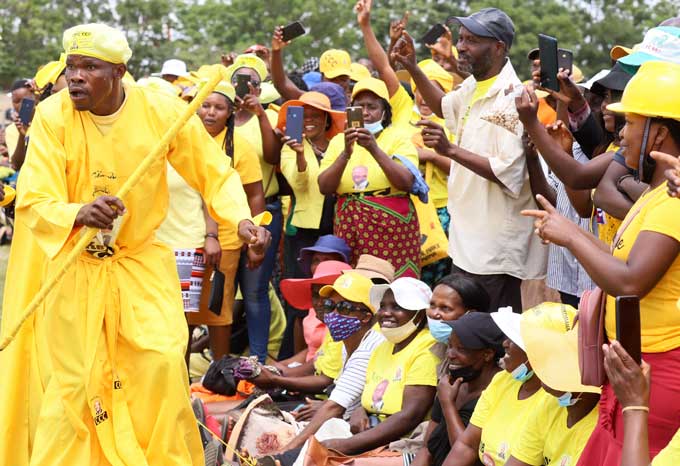
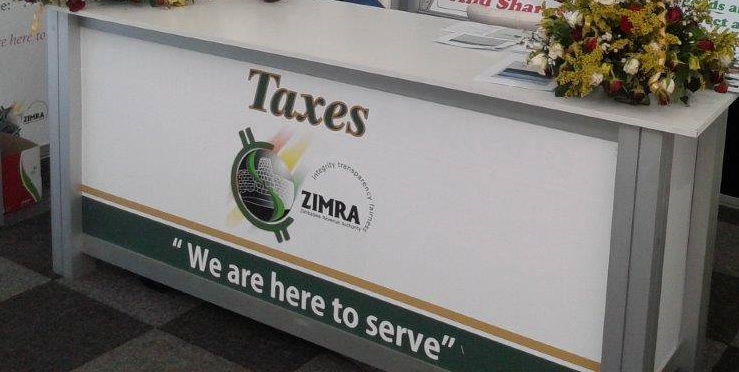
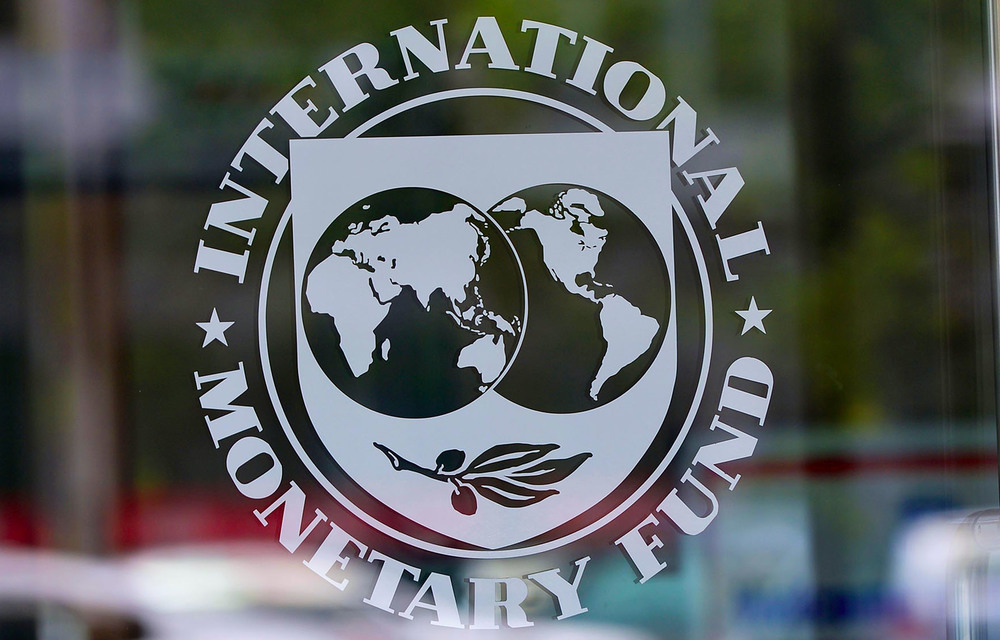
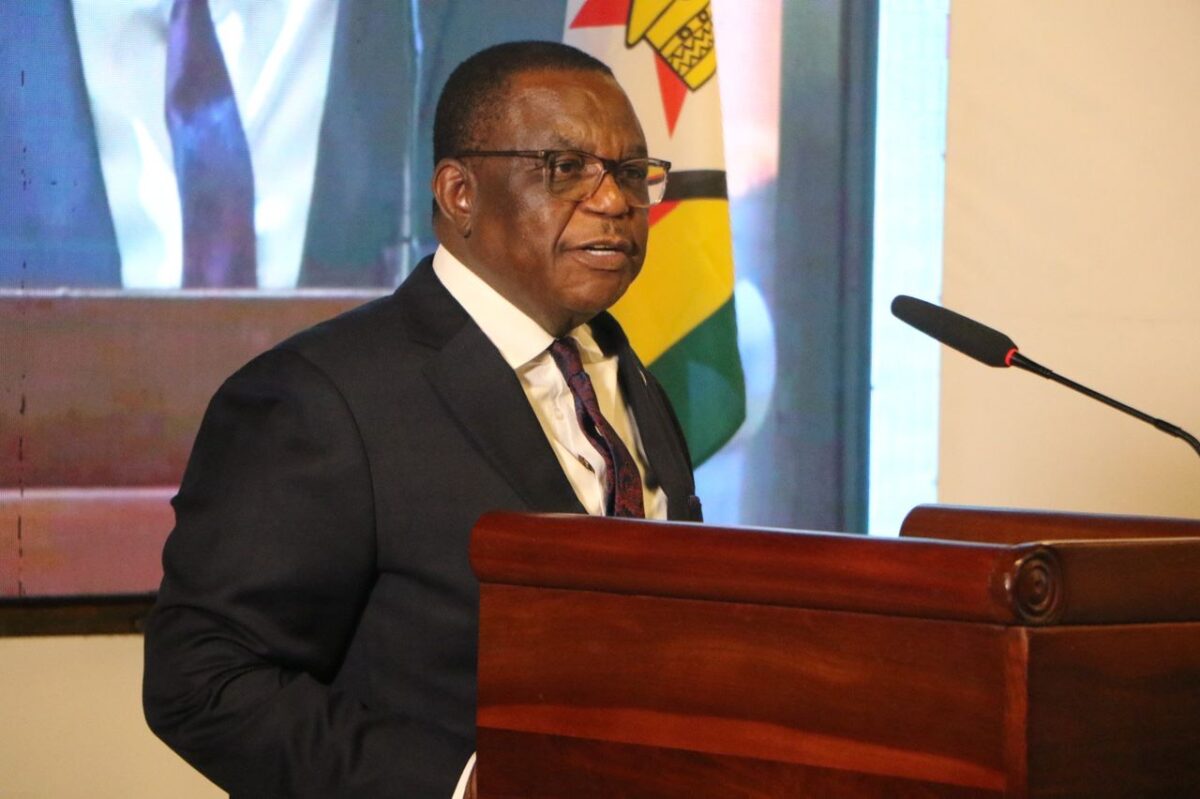


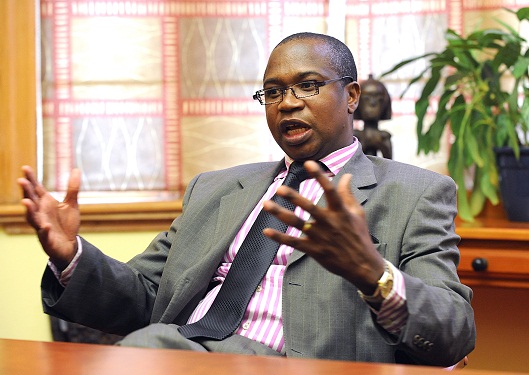


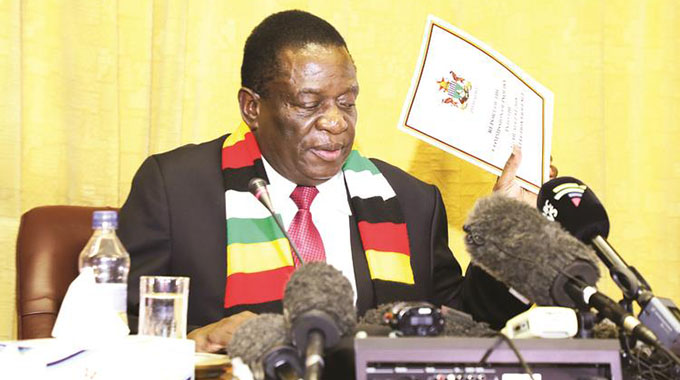
 Young Investment Professional (YIP) Graduate Programme 2019
Young Investment Professional (YIP) Graduate Programme 2019
Editor's Pick